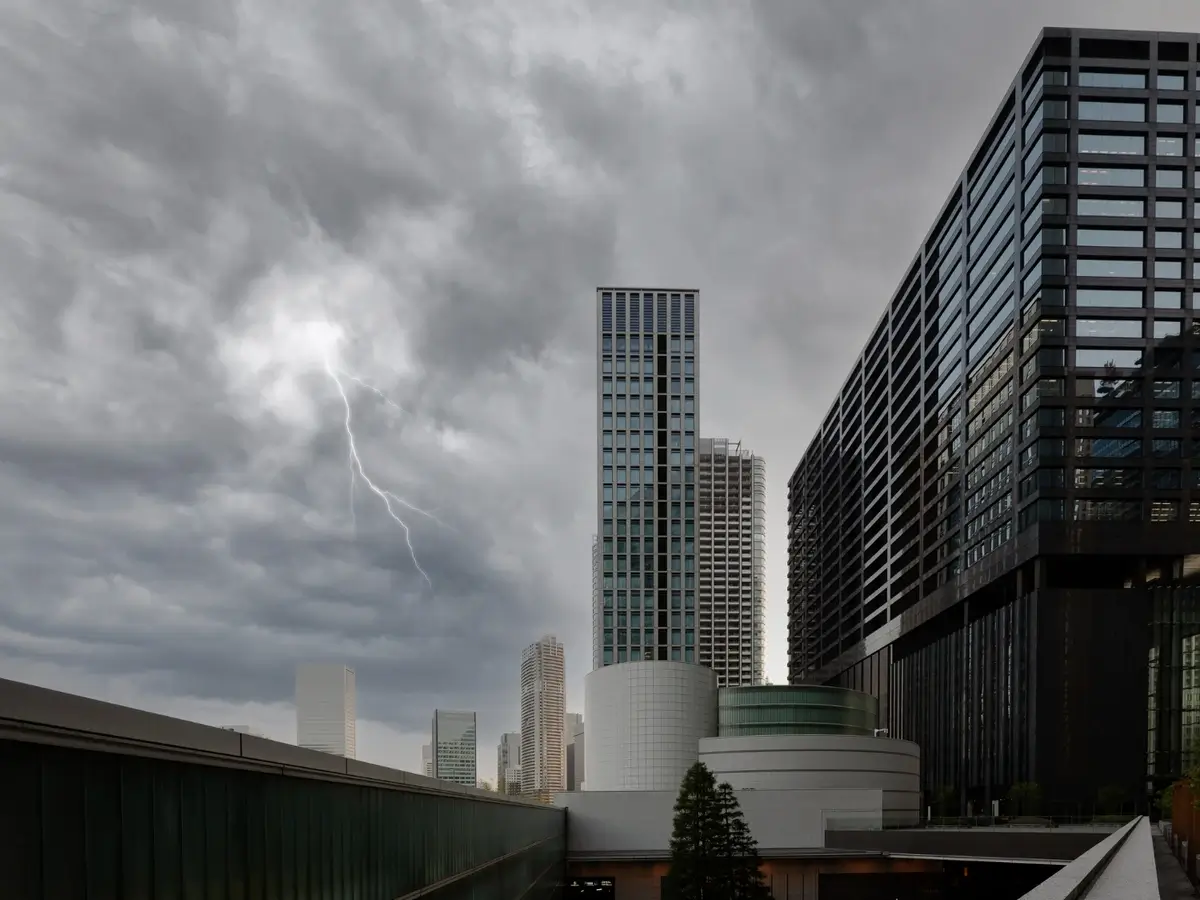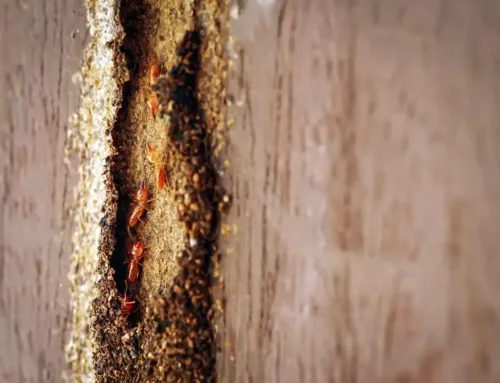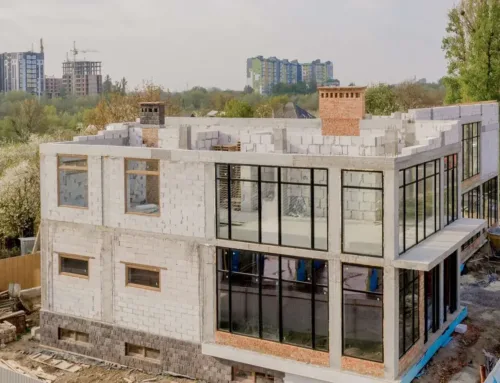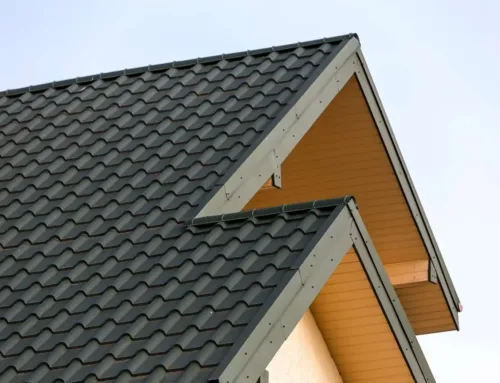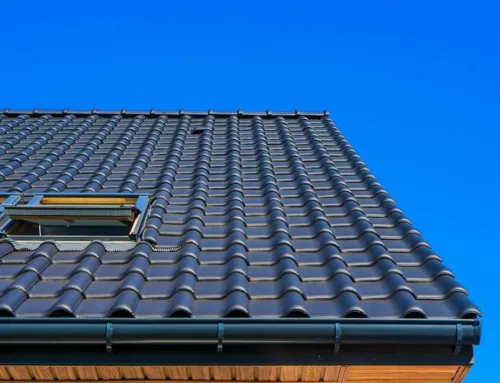There are significant impacts of extreme weather conditions on home inspections. Some weather conditions go in favor of the home inspector to assess the condition of a specific area, while others can create a hurdle in the inspection process. It can become challenging for the inspector to gather information about certain elements in the home.
Extreme Weather Conditions That Can Affect Home Inspections
These are the extreme weather conditions affecting a home inspection:
Heavy Snowfall
It has been seen that when snow covers the roof of a home, it makes it difficult for the inspector to assess the condition of the roof. The inspector can’t have a clear view of each element, being unable to see the condition of shingles, the inspector can’t be sure about the actual condition. In the freezing conditions, the inspector can look for the proper insulation that can help to prevent the pipe bursts.
Rainy Weather
Rain can help the inspectors to assess the condition of the roof. Heavy rainfalls help to find out any leakage in the building. After rainy weather, the home inspector can easily find the water damage in the whole building. Moreover, the drainage system and efficiency of the gutters can also be assessed in heavy rainfalls. Inspectors can check if the water is accumulating around the foundation or the basement gets filled due to poor working of the sump pumps. It makes such things easier for inspectors to inspect. On the other hand, the rainy weather can cover the defects on the rooftop. The rainwater can create a challenge for the inspector to perform a proper home inspection by making the area wet and dirty.
Extreme Heat
The extreme heat causes expansions that may cover the structural defects in a building. Secondly, the extreme heat can reduce the time an inspector can spend during home inspections. There is a possibility of a thorough home inspection in such conditions. However, the extreme heat helps the inspectors to assess the efficiency of HVAC systems and insulations of the building.
High Winds
High winds can make it difficult for the home inspectors to inspect the exterior, especially the roof of the house. The hurricanes and high winds can be dangerous for the home inspectors to climb on the roof and inspect it in detail.
Seasonal Transitions
Seasonal transitions also impact the home inspection process. Frost heaving, ground settling, and vegetation can challenge the inspector to perform his work. Homeowners must conduct proper maintenance at such times.
Sunny Weather
Sunny weather and moderate climatic conditions are preferable for home inspections. Such conditions allow the inspectors to go for a thorough inspection with comfort. Sunny weather offers a fine view of the exterior of the building and helps to see the actual condition of the roof and siding. It can be said that mild and dry weather conditions are best for a detailed home inspection.
Impact of Spring/Summer Seasons on Home Inspection
Just like the weather conditions, each season has its own impact on the home inspection. During the spring and summer seasons, structural issues may remain hidden. In spring, vegetation is in full bloom, which can cover the exterior of the property, making it hard for the inspector to inspect each detail. Secondly, high temperatures in summers can cause the building material to expand. Such expansion can hide the issues residents may face in winters.
Impact of Fall/Winter Seasons in Home Inspection
It has been observed at different sites that during the fall season, fallen leaves block the downspouts and gutters. It causes water damage to the building. Meanwhile, lower vegetation in this season can help the inspector to inspect each detail of the building.
In winters, if it’s not extreme weather conditions, the home inspector can walk through the building and inspect all the essentials easily.
What’s the Best Time for Home Inspection?
Apparently, it’s not good to conduct a home inspection in extreme weather conditions. The best time to go for a home inspection is during the mild and dry weather. In such weather conditions, a home inspector can inspect every detail of a building.
However, according to the need of the hour, a home inspection can be done in any weather unless it becomes difficult for the inspector to perform his job.
Conclusion
The extreme weather conditions have their impacts on the home inspection. Each weather condition has its own pros and cons for the home inspectors. All a homeowner needs is a well-trained and experienced inspector who can make accurate reports in all weather. For the most trusted inspection services, the homeowners should contact Elite Inspections. We comply with InterNACHI’s Standards of Practice and Code of Ethics to provide every customer with the best possible inspection at a competitive price.

